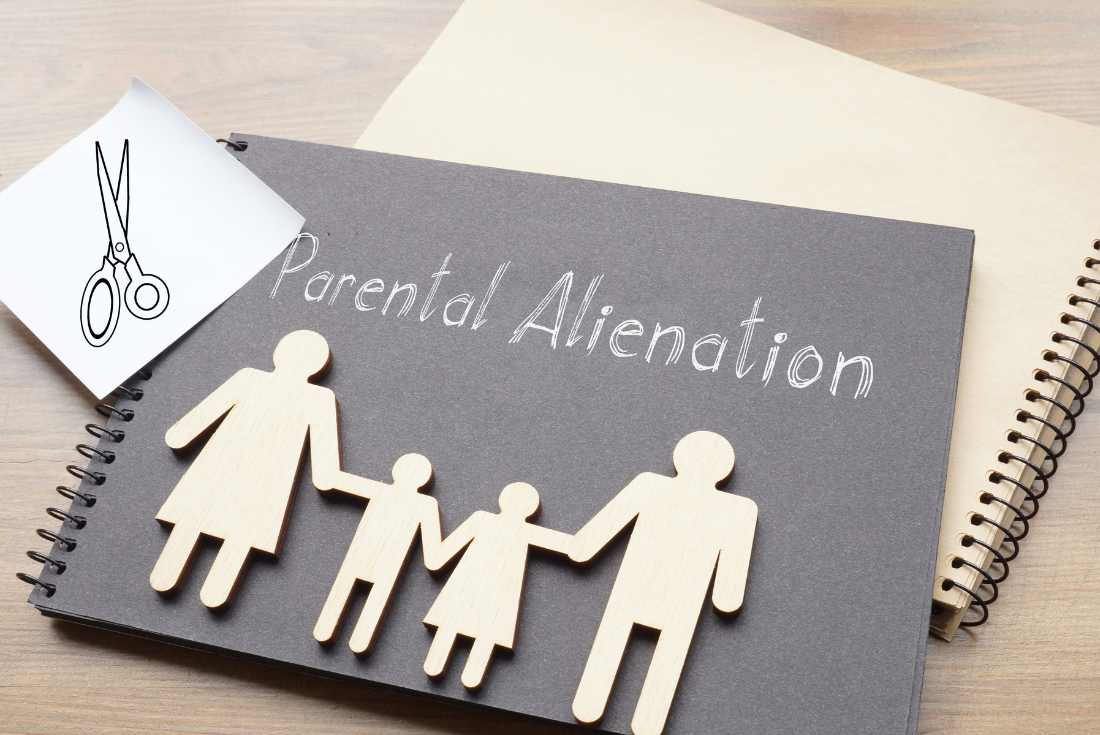
25 Jan Recognizing and Addressing the Issue of Parental Alienation
Trust and communication are key pillars of any healthy relationship, especially when building a secure, nurturing environment to raise children. Unfortunately, divorce and custody battles can threaten this ideal and result in parental alienation. Learn to recognize and address the issue of parental alienation below.
What Is Parental Alienation?
Parental Alienation is a phrase used to describe the adverse effects produced when one parent manipulates their children to feel resentment, fear, or hatred towards the other parent. This alienation can occur during or after divorces or custody battles and can have long-lasting implications for all members of the family, especially the children.
Recognizing the Warning Signs
Identifying parental alienation early is crucial to addressing the issue and mitigating any long-term impacts on the child and the alienated parent. Some common warning signs include:
Interfering With Communication
One parent consistently prevents the other from communicating with their children, either through direct verbal blockage or passive-aggressive means, such as “forgetting” to relay messages or provide updates.
Disparaging Comments
One parent consistently speaks negatively about the other parent within earshot of the child or encourages the child to belittle or criticize the other parent.
Child’s Sudden Change in Attitude
A once affectionate and loving child inexplicably develops an intense anger or dislike for the targeted parent, often reflecting the instigating parent’s negative feelings.
Exclusion From Activities
One parent deliberately tries to exclude the other parent from the child’s activities, events, or appointments, even when both parents have legal rights to participate.
Taking Action Against Parental Alienation
Acting on your suspicion that you or someone you know is a victim of parental alienation is essential. Here are some steps to consider:
Keep a Journal
Document incidents of alienation—note dates, times, and critical details. This information can be helpful if you need to seek legal remedies.
Seek Professional Help
Counseling and therapy can be invaluable for rebuilding a parent-child relationship and addressing any emotional or psychological harm experienced by the child.
Stay Engaged
Continue to involve yourself in your child’s life, both in terms of providing love and support and advocating for your legal rights as a parent.
Consult a Legal Professional
A father’s rights attorney in Washington State, for example, can help you navigate the often complex legal landscape of family law and find the best possible resolution for your family.
Recognizing and addressing the issue of parental alienation is crucial in preserving the well-being of both the alienated parent and the child. By understanding the warning signs and taking proactive steps to address the issue, parents can work to rebuild relationships and foster a healthy, loving environment for their children. Remember that attorneys are available to help you navigate this difficult situation.
Consider LaCoste Family Law when you’re in need of support due to parental alienation. Our professional attorney and legal team have the proper knowledge and experience to help you navigate the legal process.

